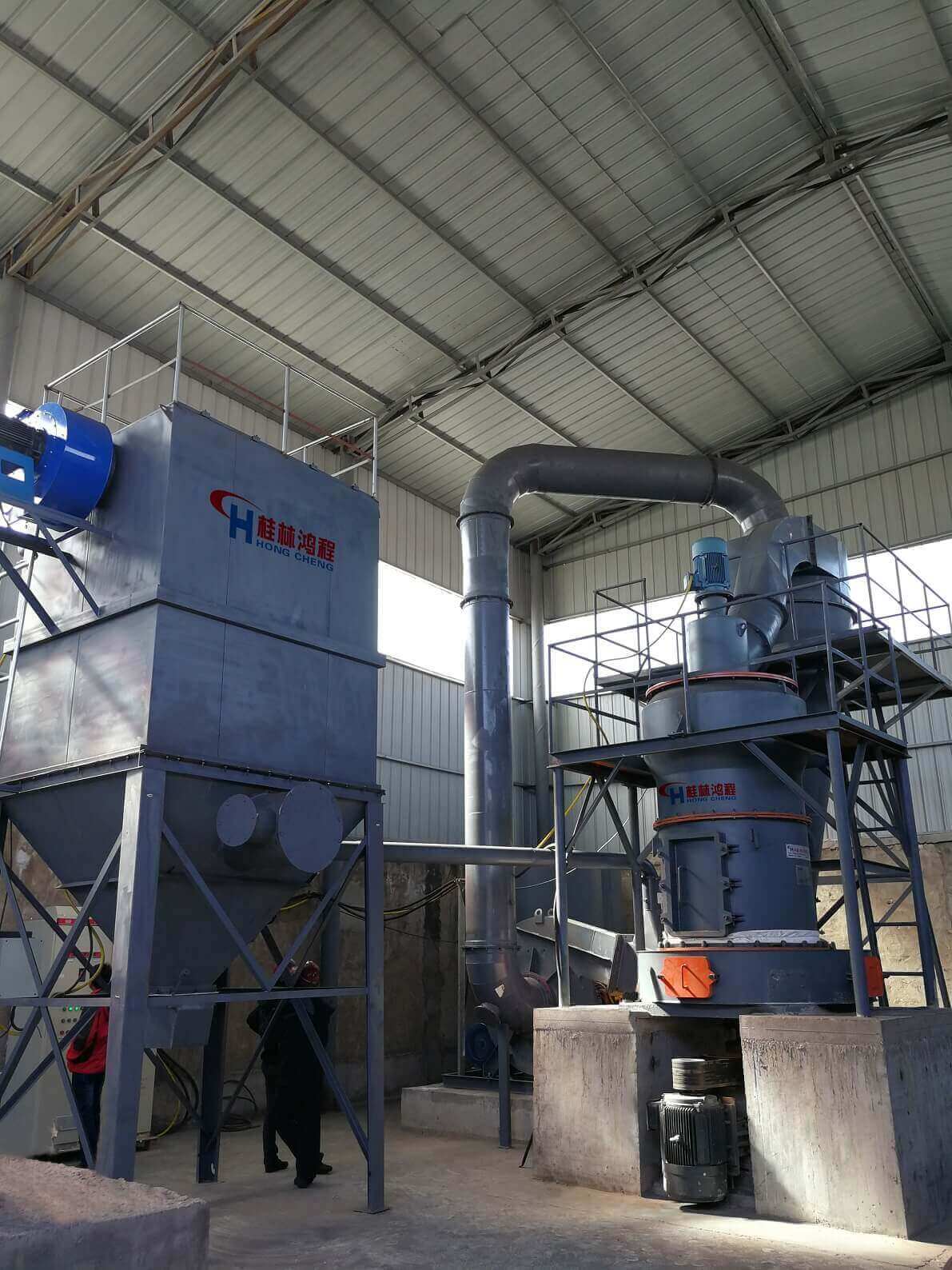Coke powder is a by-product produced during the coking process. Because its particles are too small, when accumulated in the blast furnace, it will cause the air flow to be unsmooth, affecting the normal flow of the material column inside the blast furnace, and cannot meet the requirements of metallurgical coke. Because coke powder has properties such as high carbon content, developed internal voids, and a certain degree of strength, scientific researchers have conducted extensive and in-depth research on how to utilize coke powder in recent years. As a manufacturer of metallurgical coke grinding machines, Guilin Hongcheng will introduce to you today what can be done after grinding metallurgical coke?

Metallurgical Coke Raymond Mill, welcome to leave a message or consult [email protected]
what can be done after grinding metallurgical coke?
1. Activated carbon made from metallurgical coke grinding: Activated carbon is a carbon material with a developed microporous structure and strong adsorption capacity. It is widely used in various fields such as chemical industry, food processing, military protection and environmental protection industry. At present, activated carbon is mainly produced by treating coke powder through physical activation and chemical activation. The physical activation method requires that the raw materials must be carbonized before activation, and then be activated at 600 to 1200°C. The activator includes oxidizing gases such as CO2 and water vapor, and uses the oxidizing properties of the gas to oxidize the carbon atoms inside the carbon material. Activated carbon with developed pores is formed by opening, expanding and creating new pores. Chemical activation refers to mixing the raw materials and activators (alkali metals and alkali metal hydroxides, inorganic salts and some acids) in a certain proportion, then soaking them for a certain period of time, and then the carbonization and activation steps are completed in one step.
2. Treatment of biochemical wastewater by metallurgical coke grinding: adsorption method is a common method used to treat coking wastewater. Research results show that after deep treatment of biochemical wastewater with coke powder, COD is reduced to less than 100 mg/L, and the chroma removal rate can reach more than 60%, meeting the water quality requirements for coking enterprises.
3. Molding of metallurgical coke grinding powder with additives: The process coke powder itself has no adhesive properties, and is usually used by adding a binder to it and pressing it into shape. There are many types of coke powder additives, and the quality of the coke produced is also different.
4. Production of metallurgical coke from metallurgical coke grinding powder: Coke powder is usually used as a slimming agent in the coking process. Adding appropriate coke powder during the coking process can improve the quality of coke. Under conventional top-loading coking process conditions, it is feasible to add 3% to 5% coke powder to replace lean coal for coking. The size of the refined coke will increase, and the transaction rate will increase by about 3%. Through research, it was found that the addition of coke powder for coking has no obvious effect on the maximum reflectance of the vitrinite group of the blended coal. However, through microscopic measurements, it was found that coke powder particles larger than 0.2mm are independent in the coke and have difficulty integrating with other components and do not change their shape; while coke powder particles smaller than 0.2mm are easily wrapped by colloids, which is beneficial to coke formation. The optimal proportion of coke powder is 1.0% to 1.7%, and the optimal particle size range is less than 3mm accounting for 98% to 100%, less than 1mm accounting for 78% to 80%, and less than 0.2mm accounting for 40% to 50%.
Metallurgical coke grinding is inseparable from the help of metallurgical coke grinding mills. As a manufacturer of metallurgical coke grinding machines, Guilin Hongcheng produces Raymond mills, ultra-fine grinding mills, vertical grinding mills and other equipment. It can produce 80-2500 mesh metallurgical coke powder and provide technical support for the application of metallurgical coke grinding powder. If you have metallurgical coke grinding powder needs, please leave us a message to learn more about the equipment details.